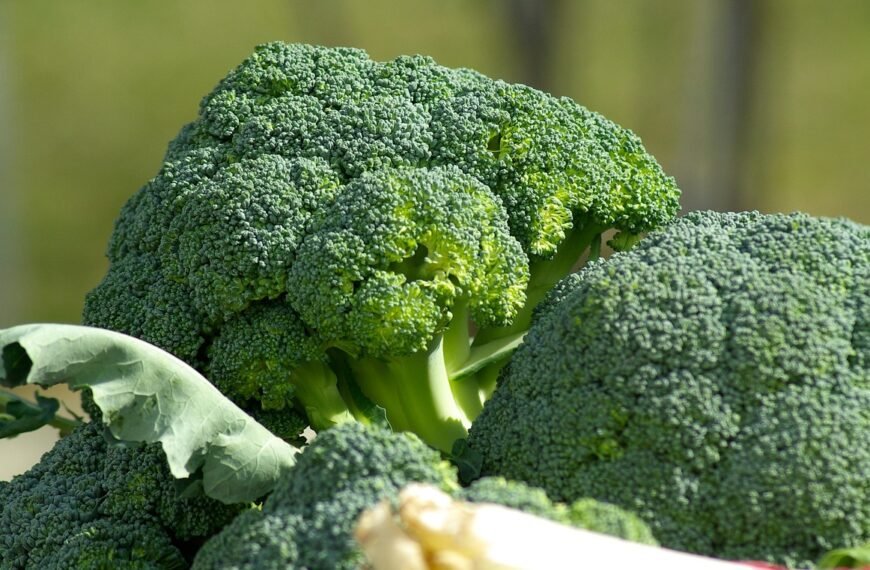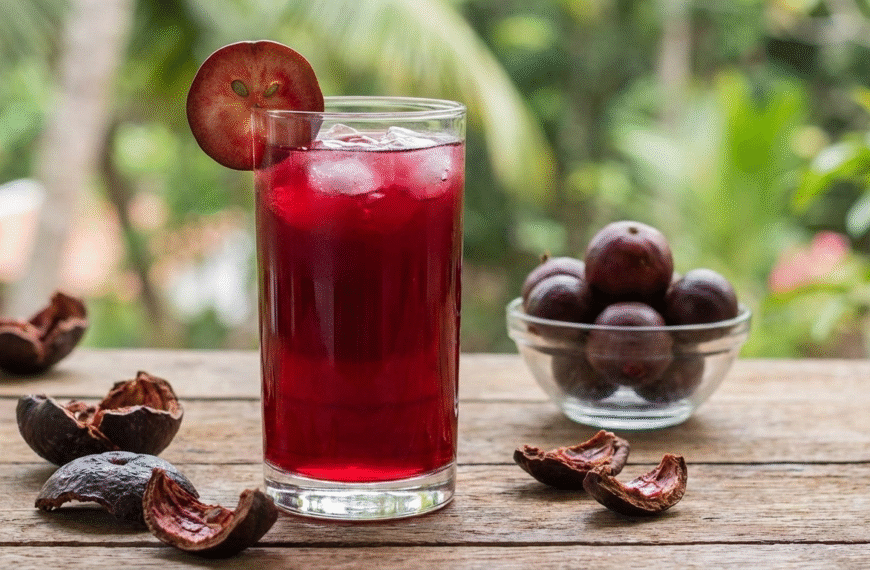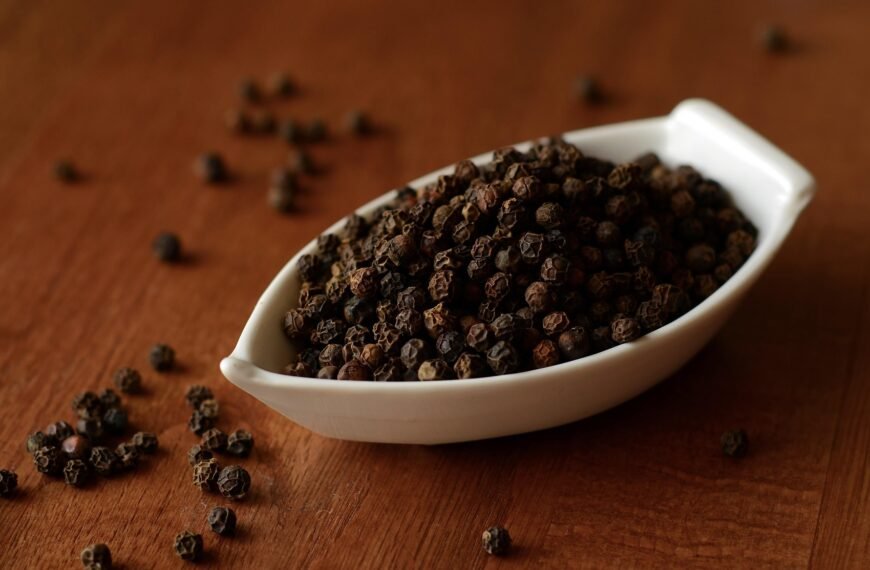A new study highlights the alarming impact of microplastics on food production, raising concerns about global food security. Researchers found that microplastics are interfering with photosynthesis, affecting essential crops like wheat, rice, and maize. This pollution is already causing a loss of 4% to 14% of these staple crops, and the damage is expected to worsen in the coming years.
Experts warn that if microplastic contamination continues at its current rate, an additional 400 million people could face starvation by 2040. In 2022, around 700 million people were already suffering from hunger, and this crisis could escalate if pollution remains unchecked. The study also suggests that the scale of crop loss due to microplastics may be similar to the effects of climate change in recent decades.
Microplastics originate from the breakdown of plastic waste in the environment, infiltrating soil, water, and air. These particles not only carry harmful chemicals but also block sunlight, reduce soil fertility, and disrupt nutrient absorption in plants. They can damage plant cells, hinder water intake, and lower chlorophyll levels, which is essential for photosynthesis.
Scientists emphasize the urgent need to reduce plastic pollution to protect global food supplies. With the world’s population expected to reach 10 billion by 2058, ensuring sustainable food production is more critical than ever. Addressing this crisis now is essential to prevent severe food shortages in the future.






















